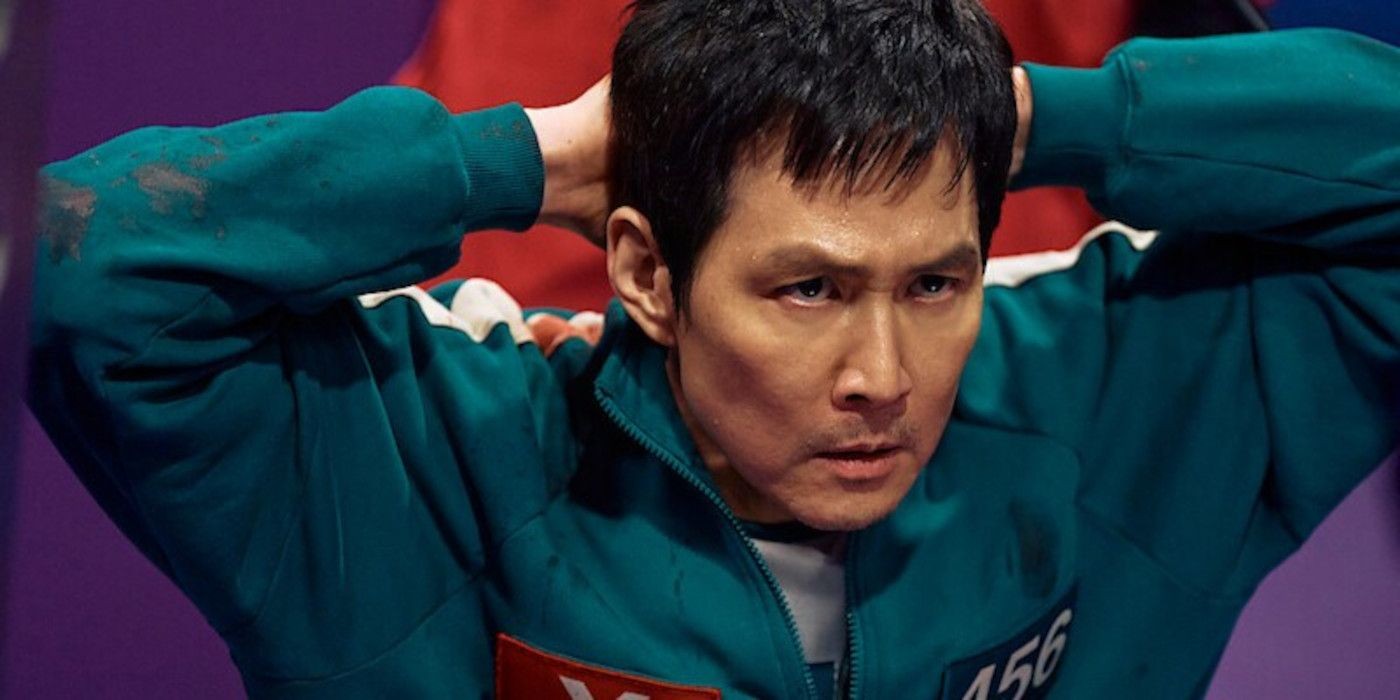Fans eagerly awaited the return of the global phenomenon Squid Game for its second season after a three-year hiatus. Upon its release on December 26, 2024, all episodes of Squid Game season 2 became immediately available on Netflix. However, some viewers expressed surprise and disappointment at the season’s length. Unlike the first season, which captivated audiences over nine episodes, Squid Game season 2 consists of only seven episodes. While this shorter run might initially seem underwhelming, it’s a deliberate choice that ultimately benefits the narrative and, more excitingly, sets the stage for an even more impactful Squid Game season 3.
Why Squid Game Season 2 Features a Concise Episode Count
Seasons 2 and 3: A Conceived Two-Part Narrative
The key to understanding the seven-episode structure of Squid Game season 2 lies in the production strategy. Netflix greenlit both seasons 2 and 3 of Squid Game concurrently, and in an ambitious move, filmed them back-to-back. This approach meant that creator Hwang Dong-hyuk conceived of seasons 2 and 3 as a single, continuous storyline. Consequently, the decision to split this larger narrative became a crucial element in shaping the viewer experience.
In an interview with Deadline, Hwang Dong-hyuk elaborated on this structural choice, stating that the conclusion of the seventh episode of season 2 felt like a natural breaking point, a significant “turning point” in the overarching narrative. He explained, “I wrote seasons two and three at the same time, and we were in production for both simultaneously, and currently we are in the post-production process for season 3. When I was writing the script for the two seasons, I felt like there was a big turning point or an inflection point, and that was the end of episode seven, so I thought that it would do it justice to have a separate season after that. That’s why I had [the] first seven episodes as season 2 and then the rest of season 3.”
This division makes logical sense when considering the pacing of season 2. The initial seven episodes were dedicated to re-immersing viewers in the deadly games, showcasing the first three challenges of the tournament, and developing Gi-hun’s character arc as he once again found himself entangled in the brutal competition. Attempting to compress the remaining tournament events and Gi-hun’s unfolding story into just a couple more episodes would have felt rushed and potentially diluted the impact. Furthermore, the season 2 finale’s cliffhanger, while debated among viewers, strategically elevates the stakes for Squid Game season 3, promising a more intense and dramatic continuation.
The Divisive Cliffhanger of Squid Game Season 2
Leaving Key Storylines Unresolved to Fuel Season 3
 Gi-hun appears contemplative with his hands behind his head, a moment of reflection from Squid Game season 2
Gi-hun appears contemplative with his hands behind his head, a moment of reflection from Squid Game season 2
While the cliffhanger ending of Squid Game season 2 serves a narrative purpose, it’s understandable why some viewers found it unsatisfying. Unlike season 1, which delivered a sense of closure even while leaving room for potential continuation, season 2 concludes with numerous unresolved threads. The tournament itself remains unfinished, and the repercussions of Gi-hun’s rebellion against the game organizers are uncertain. Although the Front Man spared Gi-hun’s life, the implications for his continued participation in the Games were left ambiguous.
Adding to the suspense, season 2 intentionally withheld answers regarding the complex dynamic between In-ho (the Front Man) and Gi-hun, delaying the full reveal of Young-il’s true identity until season 3. The anticipation surrounding the Front Man’s face-to-face confrontation with Gi-hun is undoubtedly a major draw for Squid Game season 3. However, postponing these crucial reveals undeniably contributed to the feeling of incompleteness at the end of season 2. Despite this, the accumulation of unresolved plot points strategically builds anticipation and ensures that Squid Game season 3 will be packed with dramatic payoffs.
Season 3: Poised to Benefit from Season 2’s Setup
Heightened Momentum and Stakes for the Series Finale
The perceived drawback of Squid Game season 2’s shorter episode count transforms into a significant advantage for season 3. With the condensed timeframe between the release of the two seasons, the narrative momentum remains high, and a sense of urgency propels the story forward into Squid Game‘s final chapter. The unresolved fate of characters like Jung-bae and Gi-hun’s setback against the game organizers amplify the stakes, making the audience deeply invested in the unfolding events of season 3. Gi-hun’s ultimate mission now appears even more challenging, particularly after his previous defiance was thwarted by the Front Man and the Games’ orchestrators.
Squid Game season 2 also dedicated screen time to developing the personalities and backstories of the new participants in the games. This investment in character development will likely make the inevitable losses and sacrifices in season 3 even more emotionally resonant. The absence of characters like Jung-bae and Thanos in season 3 will contribute to a more somber and intense atmosphere as the series navigates the resolution of the storylines established in season 2. With this carefully constructed foundation, Squid Game season 3 has the potential not only to meet but surpass the high bar set by its predecessors, delivering a powerful and unforgettable conclusion to the series.
Source: Deadline